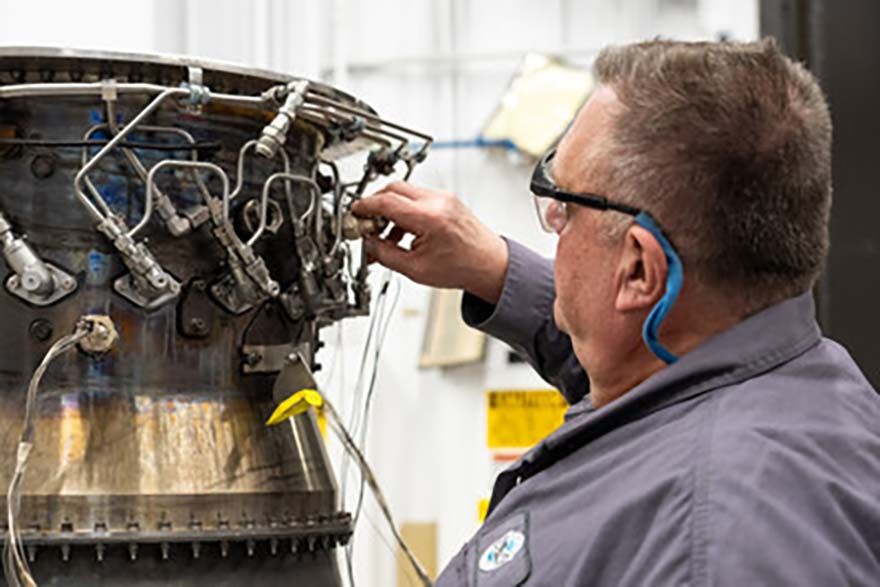 Pratt & Whitney
Pratt & Whitney, an RTX business and the
Federal Aviation Administration (FAA) will work together with
Missouri University of Science and Technology (Missouri S&T),
Aerodyne Research Inc, and the
Environmental Protection Agency (EPA) to study non-CO
2 aviation emissions, to help understand and reduce the environmental impact of those emissions. As part of the FAA's ASCENT programme, the project will measure emissions from a Pratt & Whitney GTF engine combustor rig test stand using conventional Jet A and 100% sustainable aviation fuel (SAF).
Sean Bradshaw, senior technical fellow of sustainable propulsion at Pratt & Whitney, said: “As the aviation industry targets a goal of ‘net zero’ CO
2 emissions by 2050, we continue to pay close attention to addressing the environmental impact of other emissions, including cruise non-volatile particulate matter and NOx. Combustor rig tests with 100% SAF provide a controlled environment for generating valuable baseline data, which will support future studies using full scale engines on-wing at ground and flight test conditions.”
The project will compare emissions from Jet A kerosene and SAF comprised of 100% Hydroprocessed Esters and Fatty Acids Synthetic Paraffinic Kerosene (HEFA-SPK), a biofuel derived from vegetable oils and animal fats; the fuel is supplied by
World Energy.
Dr Philip Whitefield, of Missouri University of Science and Technology, said: “By bringing together expertise from industry, government, and academia, this project represents an important step towards understanding and reducing the environmental impacts of aviation, including those arising from non-CO
2 emissions. SAF containing low sulfur and aromatic hydrocarbon concentrations could contribute to reduced sulfur dioxide and non-volatile particulate emissions, which are associated with contrail formation and the impact to global warming.”
The rig tests will take place at Pratt & Whitney’s facility in Middletown, Connecticut, using an advanced Rich-Quench-Lean (RQL) combustor. The rig allows testing of the full range of combustor operating conditions, including at take-off, ground, and cruise altitudes, to help understand the environmental and emissions benefits of using SAF. Pratt & Whitney, the FAA, Missouri S&T, Aerodyne Research, and the EPA will collaborate on test design, execution, and emissions data analysis.